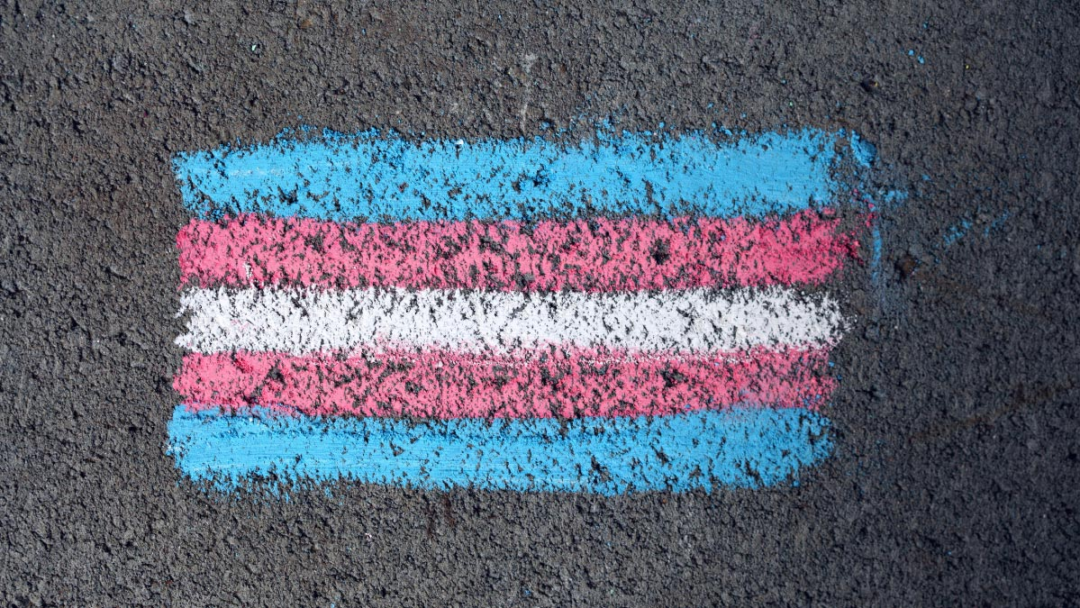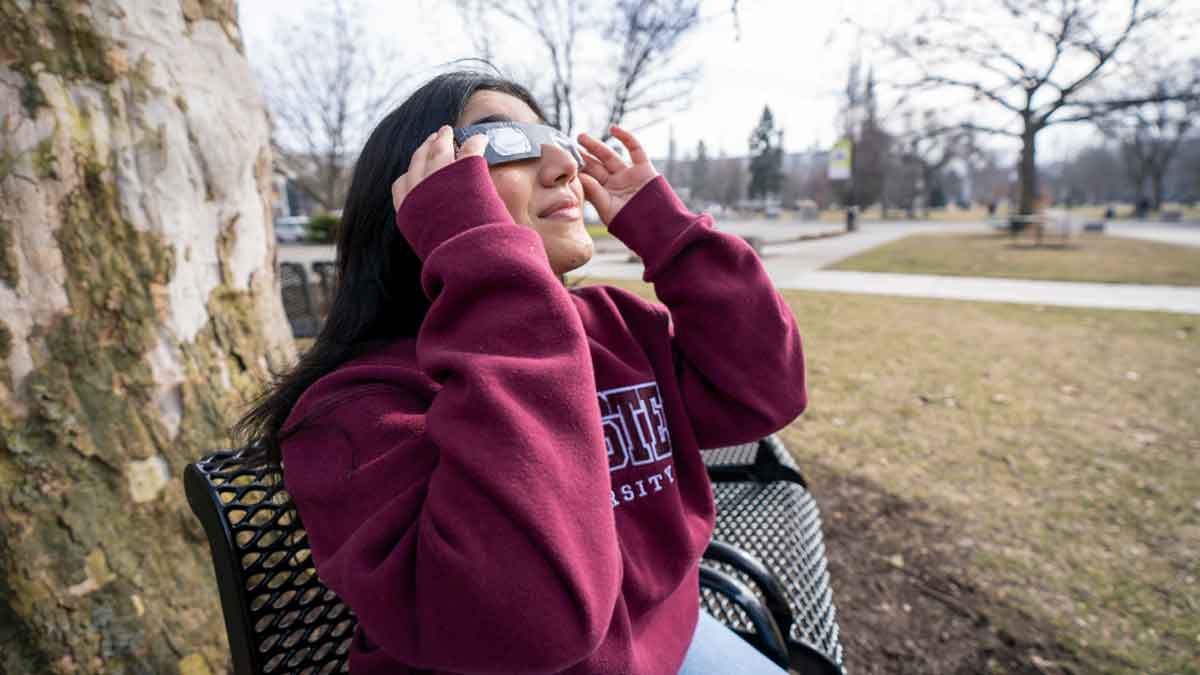5 ways to affirm transgender and non-binary identities

Transgender Day of Remembrance (TDOR) is an annual commemoration on Nov. 20, dedicated to honouring and remembering those who have lost their lives in acts of anti-transgender violence.
In 1999, transgender advocate Gwendolyn Ann Smith held a vigil to honour the memory of Rita Hester, a Black transgender woman who was killed in 1998, and all the transgender people lost to violence since her death. It began the tradition of what is now known as Transgender Day of Remembrance.
This year marked the 24th annual observance of this important day.
In commemoration, the Postgraduate Medical Education and Equity and Inclusion offices within the Faculty of Health Sciences held a workshop for program directors and faculty to increase awareness of transgender and non-binary human rights and the importance of access to inclusive and culturally safe education and healthcare, including gender affirming care. Insights from this event are provided below, framed as action items for the broader community.
Speakers for the event included Patricia Suleiman, director of Human Rights and Accessibility within McMaster’s Equity and Inclusion Office, Lisa Jeffs, senior Equity, Diversity and Inclusion consultant, St. Joseph’s Hospital, Natasha Johnson, associate chair of Equity, Diversity and Inclusion, Pediatrics department and founder of Hamilton’s first gender affirming care clinic. A member of the transgender and non-binary communities and activist joined remotely, as the final speaker
Albina Veltman, associate chair of Equity, Diversity, Inclusion and Indigenous Reconciliation, Psychiatry & Behavioural Sciences department, Suzanne Archie, director of Equity, Diversity and Inclusion in the Post Graduate Medical Education program, and Saroo Sharda, associate dean of Equity and Inclusion in the Faculty of Health Sciences, served as moderators for the panel discussion.
Sharda believes it’s important for those in education and health care to uphold the safety and dignity of all.
“As a Faculty of Health Sciences, it is important we acknowledge that healthcare outcomes are not equitable. For certain communities, such as transgender communities, access to equitable healthcare is unfortunately still not a reality,” says Sharda. According to TransPulse Canada data from 2020, 45 per cent of trans and non-binary people had a past-year unmet health care need, compared to four per cent of the general population.
“We were lucky to have an incredible panel of speakers who led us through a series of talks that focused on everything from the Ontario Human Rights Code to the lived experiences of being trans, the importance of gender affirming care for youth and practical ways of being an ally,” Sharda explains. She added, “we had feedback from many of our participants that it was one of the best workshops they had ever attended.”
“It’s never been about comprehension, it’s always been about compassion. You shouldn’t need to understand us to believe we are worthy of dignity and safety.” – Alok Vaid-Menon, author and trans activist
Here are five actionable ways to affirm transgender and non-binary identities.
1. Use the correct pronoun
As Jeffs noted, a person’s pronouns are not a preference, they are a fact. As gender and gender expression can be a fluid experience, a person’s pronouns may shift or change over time to more accurately reflect who they are. Listen when a person tells you their pronouns and use them correctly, when it is safe to do so – if in doubt, ask if it is okay to use them in certain settings and situations, like clinical waiting rooms, in front of an individual’s family and with paperwork and electronic records.
2. Understand the effects of colonization on two-spirit and other communities
Before settler colonialism, Indigenous communities had nuanced words and roles to reflect and include the full spectrum of gender identity and expression. While some of these have been reclaimed and introduced to the English language, like Two-Spirit or Two-Spirited (2S), many have not. In erasing Indigenous languages and experiences, modern society has become willfully ignorant of the long history of non-binary and transgender communities in North America. It is important to support Indigenous peoples’ reclamation of language and integrate Indigenous concepts of gender expression and identity.
3. Challenge your assumptions
Do not assume knowledge or understanding of a person based on their appearance or behaviour, explained the transgender and non-binary rights activist, stressing the harm these assumptions can cause. Gender-related medical misattribution and invasive questioning (GRMMIQ), also known as “trans broken arm syndrome,” is especially damaging – based on the incorrect assumption that issues experienced result from a person’s gender identity or medical transition. When in doubt, follow the person’s lead regarding the language they use to describe themselves. It is not a person’s responsibility to conform to traditional gender norms and expectations. A person’s gender identity or gender expression should not impact how they are treated or the respect they are shown. Each person deserves to be treated with compassion and given space to be their authentic self.
4. Explore impact and acknowledge intent
Navigating the journey along the gender spectrum can be a lonely and isolating experience. A 2012 study, referred to by Johnson, found that trans youth with supportive parents reported a life satisfaction of 72 per cent as opposed to 33 per cent for trans youth with unsupportive parents. The same study found trans youth with supportive parents were less likely to suffer depression, face housing problems or attempt suicide. Being an ally and providing peer support is incredibly important throughout this journey. However, while it may be well-intentioned, you must use self-reflection to determine and focus the impact of your support. In all forms of support, centre the transgender or non-binary person – their experience and their feelings – they are the experts of their own bodies. It is crucial to acknowledge you might make mistakes. As Johnson explained, it is important to be open to feedback as an ally. Allyship is a skill that should be continuously improved, and you need to show you are working to do better.
5. Make space
We must work within systems while working to dismantle the oppressive structures and biases within them. Institutions, like universities and health care centres, can lack a secure and welcoming environment for individuals within the transgender and non-binary communities. We can use the power and privilege we have, within the institutions and communities to which we belong, to enact positive and meaningful change, added Johnson, reflecting on the intersectionalities of her own identity. From using pronoun pins and displaying the pride flag to changing questions on forms and fields in electronic records, we need to signal that we are safe and are actively working to do better, explained Jeffs.
This article has been informed by the information shared at the Affirming Transgender Rights and Health event. For more information on how to provide affirming support to members of the transgender and non-binary communities, please refer to the resources below.
Resources for those seeking support:
- 7 ways to help promote positive spaces for 2SLGBTQ+ communities
- Equity and Inclusion Office
- Student Union Pride Community Centre
- Student Union Women and Gender Equity Network
- Student Wellness Centre 2SLGBTQIA+ Resources
- Student Wellness Centre Embracing Gender Diversity group
Additional resources:
- An affirming approach to caring for transgender and gender-diverse youth
- Rainbow Health Ontario
- Resources from the Canadian Centre for Gender and Sexual Diversity
- Sherbourne Health Guidelines (PDF)
- World Professional Association for Transgender Health (WPATH)
- WPATH Standards of Care, Version 8 (PDF)
- National LGBTQIA+ Health Education Center
- Native Youth Sexual Health Network (NYSHN)
- TransPulse Canada
Opportunities for further education:
- 2SLGBTQI+ terminology – Glossary and common acronyms
- Inclusion and Anti-Racism Education
- Implicit Bias in Health Care
Related News
News Listing

How to support faculty, staff and learners during Ramadan and similar times of fasting
Community & Culture
March 11, 2024


